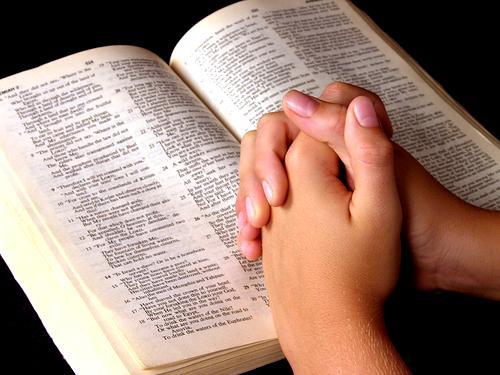Inapoi la pagina DARGOT PASSOVER – link

Concerning the Matza [unleavened bread]
Matza comes from “Matza and Meriva [strife],” as in “when they strove with the Lord.” The rule is that as long as one works with the dough, it does not become leavened, even if it is all day long, for when one is under the governance of Pharaoh king of Egypt, he cannot do anything for the sake of the Creator.
At that time, a person makes a Matza and Meriva [strife] with the body. The body is angry with the Creator over why He does not give it all its needs, meaning to be permitted to receive for itself, and a person can work only for the sake of the Creator although his heart disagrees, meaning that his intention is wrong.
Since a person does not own the intention, only Pharaoh is the owner, if he nonetheless engages in quarreling with the body, this is still not regarded as leaven, meaning Sitra Achra [other side], since he is engaged with it. However, as soon as he stops his engagement with the dough, it immediately becomes leaven.
This is the meaning of “It did not become leaven until He appeared to them … and redeemed them.” That is, because they worked with it all the time until He redeemed them, and then they no longer had to engage. This is why it is called “bread,” since he is still poor, without the intention, but only with the action. This is called “unknowingly.” Also, “There is none who is poor except in knowledge.” This is the meaning of answering it, meaning that the body sings after the fact, that he wants to work Lishma [for Her sake].
Inapoi la pagina DARGOT PASSOVER – link
